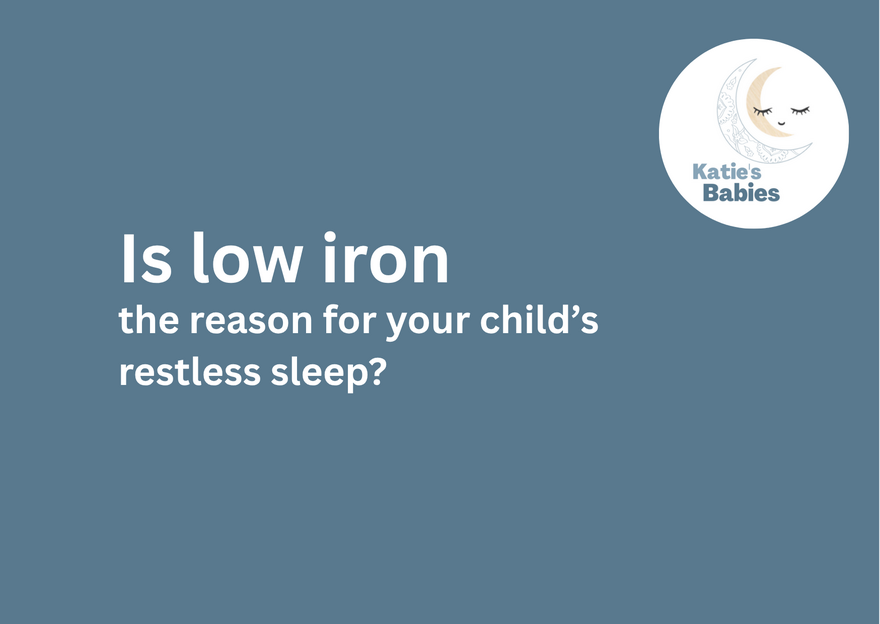
-
Babies of mums who are or have been iron deficient in pregnancy.
-
Prematurity and/or low birthweight
-
Multiple pregnancy
-
Late or insufficient introduction of iron rich solids
-
Excess cow's milk consumption beyond 12 months of age. More than 500mls per day can inhibit the uptake of iron and diminish appetite for solid food.
-
Picky eating
-
Undiagnosed food allergy/intolerance which can cause malabsorption issues
-
fatigue
-
pale skin
-
weakness
-
poor appetite
-
restless sleep
Carter, R. C., Jacobson, J. L., Burden, M. J., Armony-Sivan, R., Dodge, N. C., Angelilli, M. L., ... & Jacobson, S. W. (2010). Iron deficiency anemia and cognitive function in infancy. Pediatrics, 126(2), e427–e434.
Domellöf, M., Braegger, C., Campoy, C., Colomb, V., Decsi, T., Fewtrell, M., ... & van Goudoever, J. (2014). Iron requirements of infants and toddlers. Journal of Pediatric Gastroenterology and Nutrition, 58(1), 119–129.
Gombart, A. F., Pierre, A., & Maggini, S. (2020). A review of micronutrients and the immune system – working in harmony to reduce the risk of infection. Nutrients, 12(1), 236.
Kassebaum, N. J., Jasrasaria, R., Naghavi, M., Wulf, S. K., Johns, N., Lozano, R., ... & Murray, C. J. (2014). A systematic analysis of global anemia burden from 1990 to 2010. Blood, 123(5), 615–624.
Queensland Government (2017). Iron for toddlers and children: factsheet. Last updated 2017. Retrieved May 2022.
Richens, Z., & Ibrahim, S. (2022, June). Conquering two sleep birds with one iron stone: The case of resolved restless sleep disorder and parasomnia with iron therapy. Sleep, 45(Suppl 1), A353–A354.
